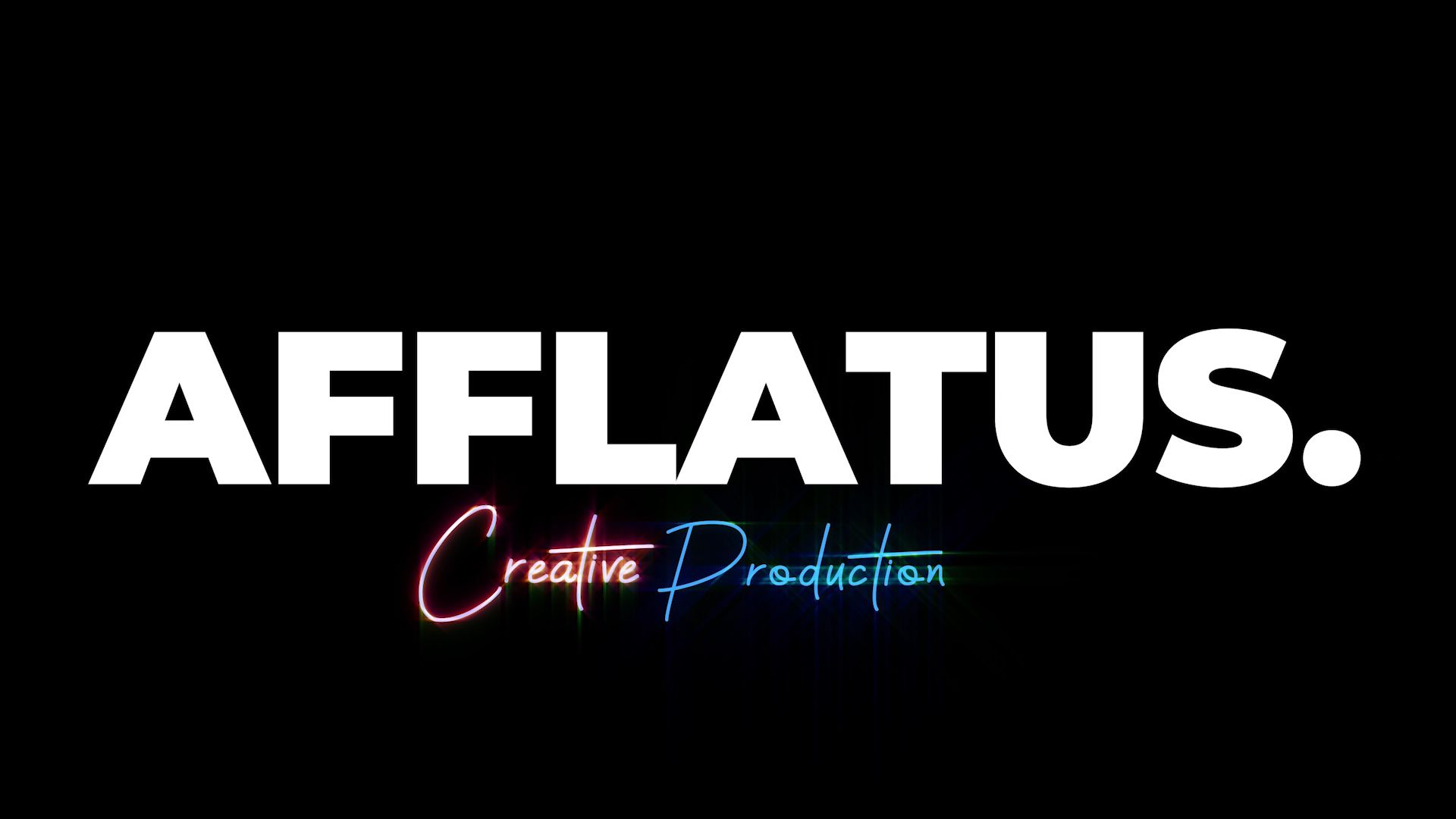
Every parent’s nightmare is that their child goes out one night as Andrei Monov did, said goodbye to his father and doesn’t come back.
Every Parent’s Nightmare is the harrowing story of what happens when the worlds of two families on either side of the world collide. Within the space of five irreversible minutes, so many lives changed…
Every Parent’s Nightmare puts together court documents, police statements, expert reports and interviews with people involved and follows the story of what happened in that fateful night and in the months and years that followed.
What happened in the early hours of 28 December 2007?
28 December 2007: Palfreeman had been out drinking with friends in central Sofia
Soon after 1 am some fifteen young Bulgarians emerged from a metro at one end of St Nedelya Square. They were chanting Levski football slogans and singing a former national anthem.
One of them was 20-year-old law student, Andrei Monov; another was his 19- year- old friend, Antoan Zahariev.
Palfreeman and a couple of his friends, including one young Bulgarian man he had just met in a bar, encountered the group of Levski fans running up from Maria Luisa Boulevard towards Vitosha Boulevard.
21-year-old Jock Palfreeman claims that a gupsy was being hounded by the drunken youths. A brawl erupts where Andrei Monov was fatally stabbed. Antoan Zahariev is injured.
Palfreeman is arrested by police and admits pulling a knife. He claims he went to the defence of Gypsies being attacked by Monov and his friends.
According to the case file, Monov received a single stab wound to the side of his chest, while Zahariev received a slash wound to the side of his torso.
Palfreeman was injured after being hit in the head and arm with pieces of concrete pavement tiles.
Monov had a blood alcohol reading of 2.9% and Palfreeman's was 0.15% in his blood.
Mid-2008: Palfreeman's murder trial begins
Prosecutor Parvoleta Nikova argued that Palfreeman attacked the group of youths for no reason.
During the trial, some of the youths and police officers changed their versions of events, claiming there were no Roma and no altercation in the lead-up to Andrei Monov's death.
Late 2009: Jock Palfreeman is found guilty of the charges of 'murder with hooliganism' and 'attempted murder' of Andei Monov - the only son of two well connected people in the Sofia legal fraternity.
Jock is sentenced to 20 years' imprisonment.
2011: His sentence is upheld on appeal
September 2019: Palfreeman is granted parole by a three-member panel of the Sofia Appellate Court
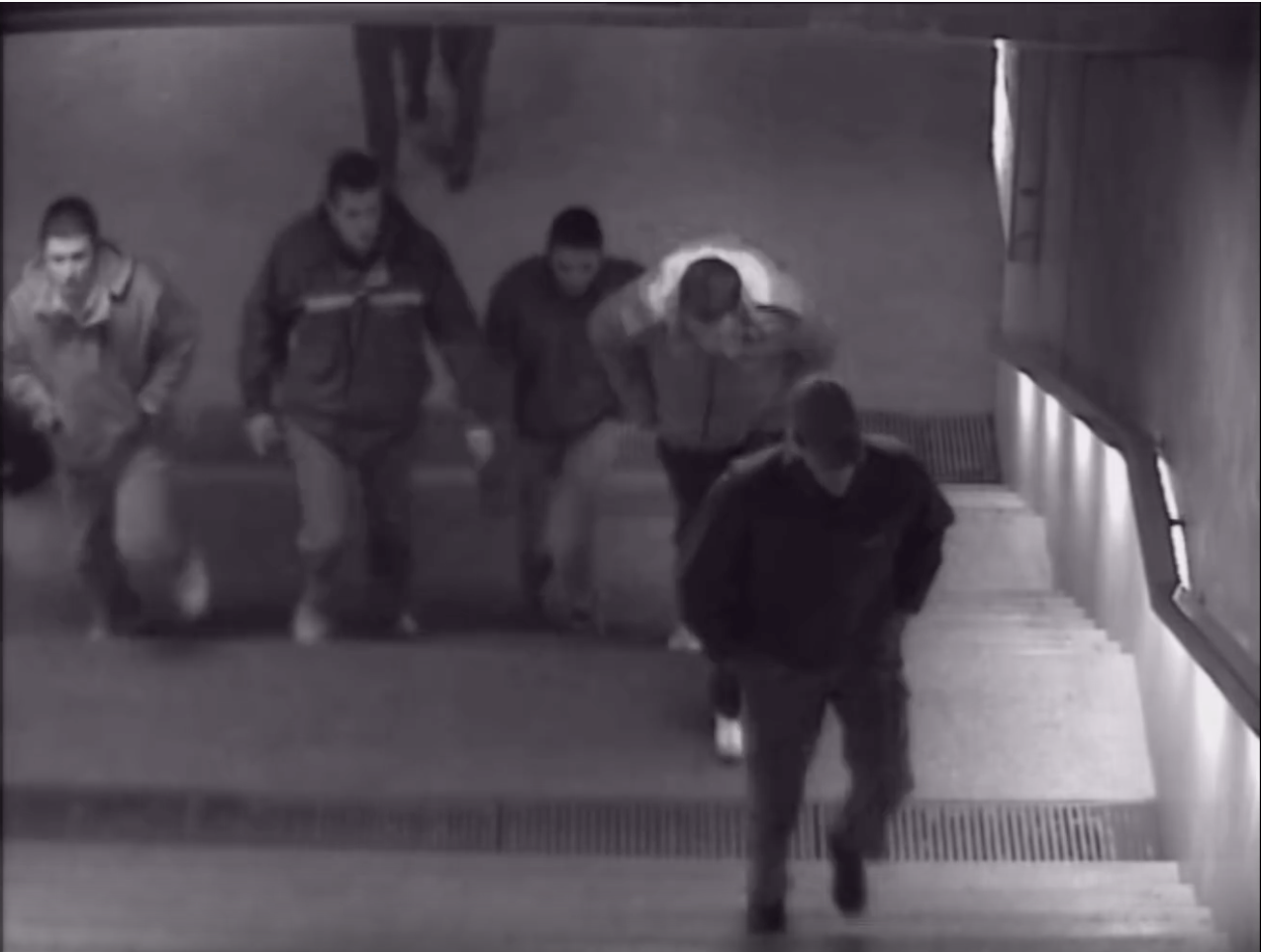
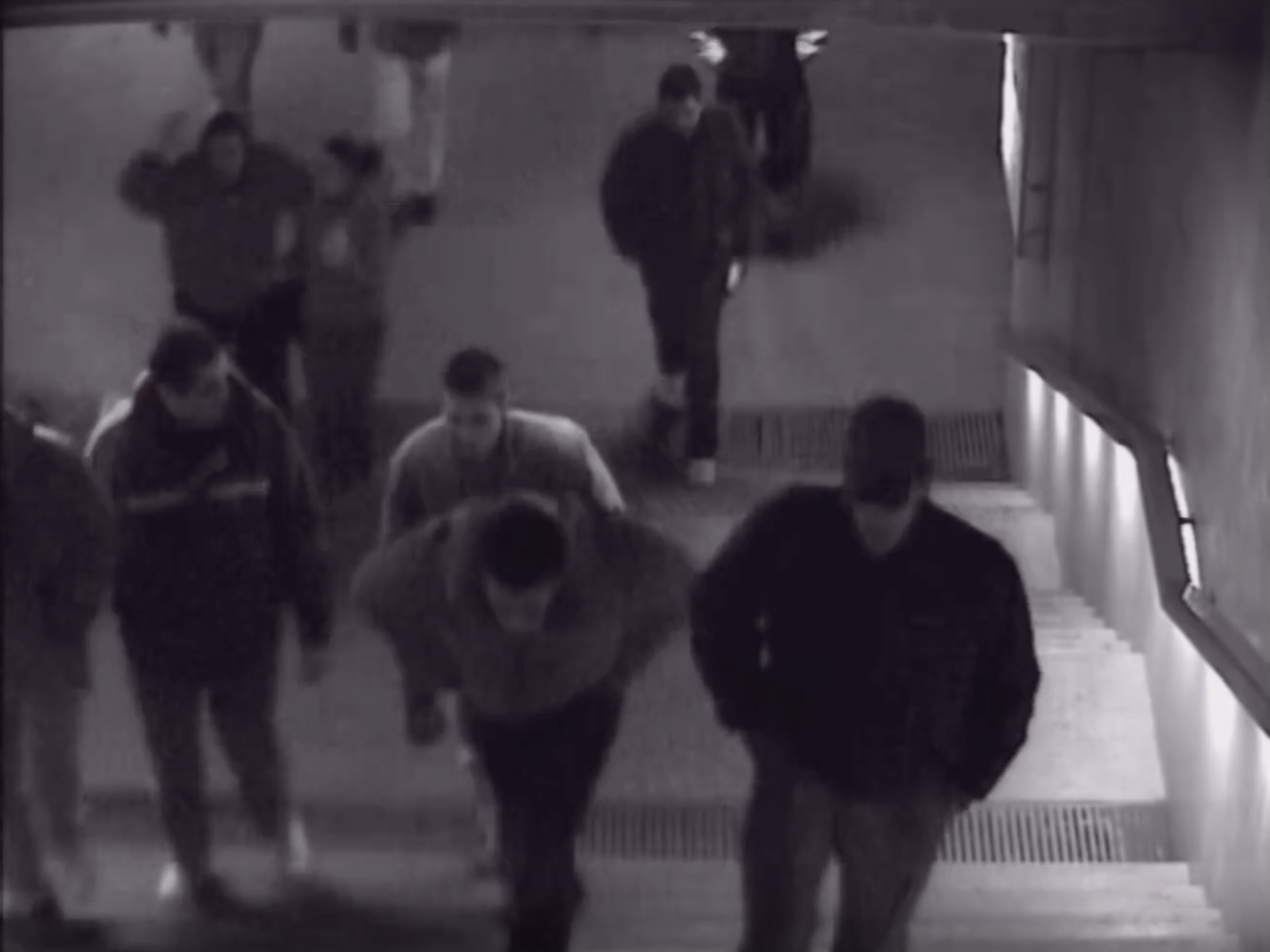
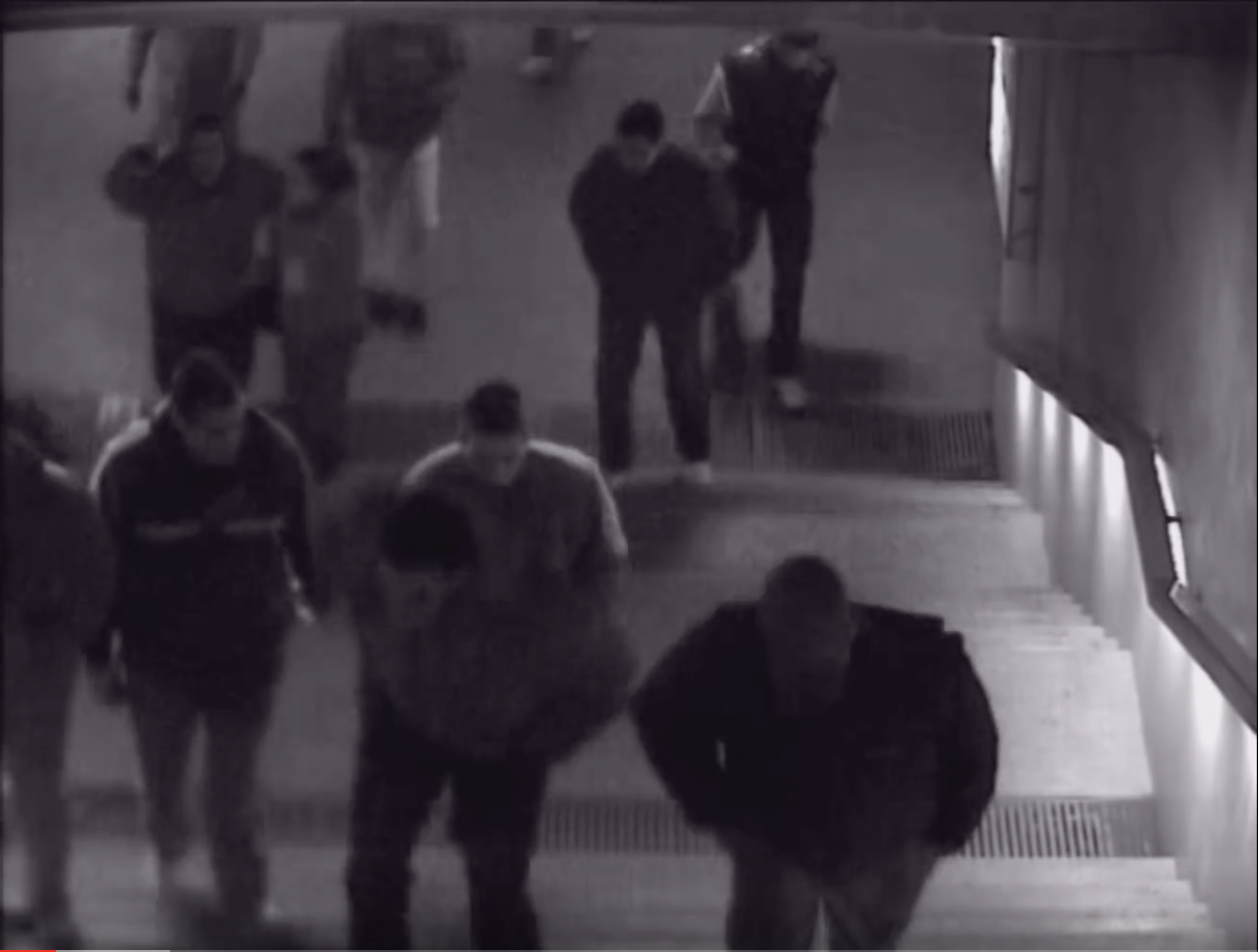
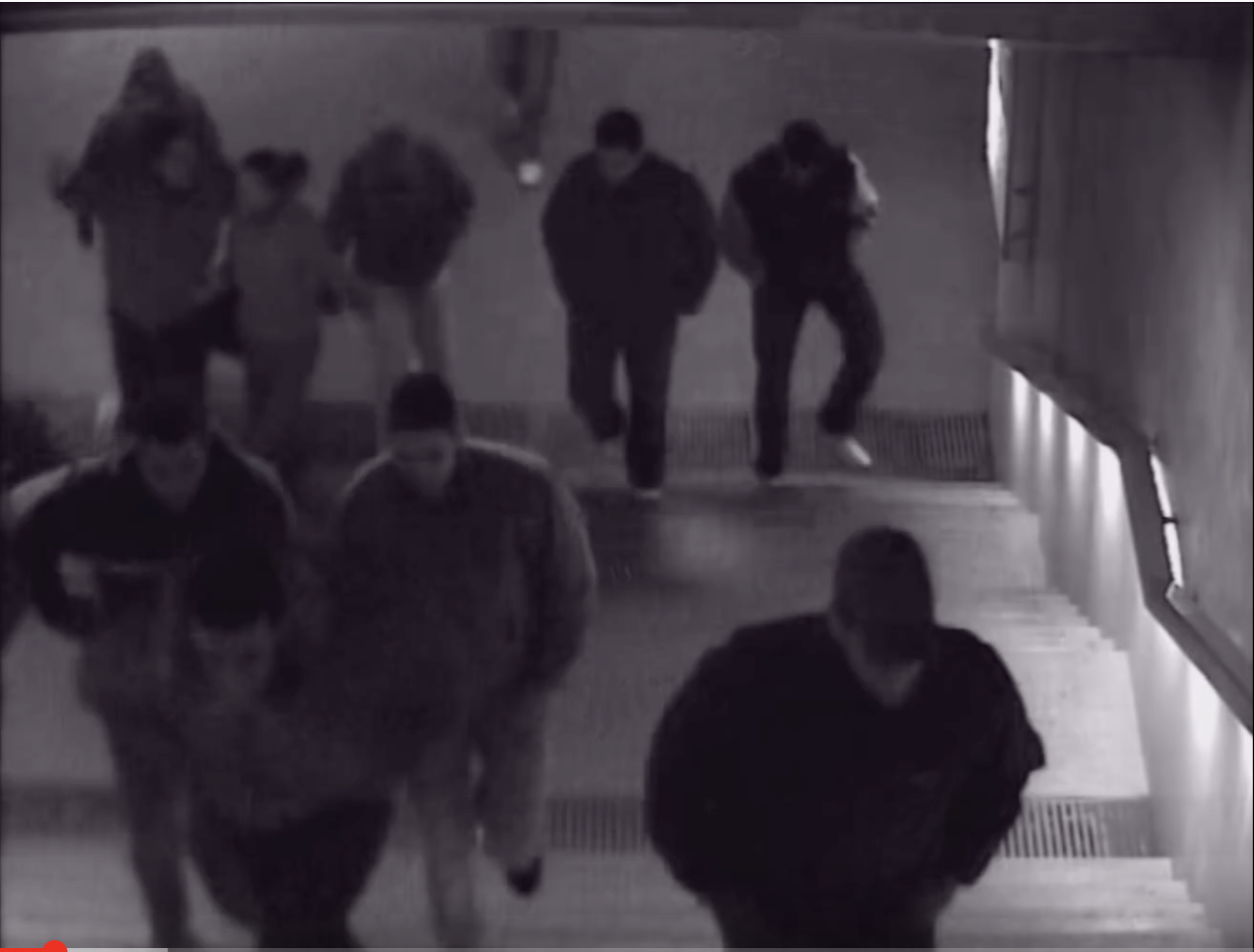
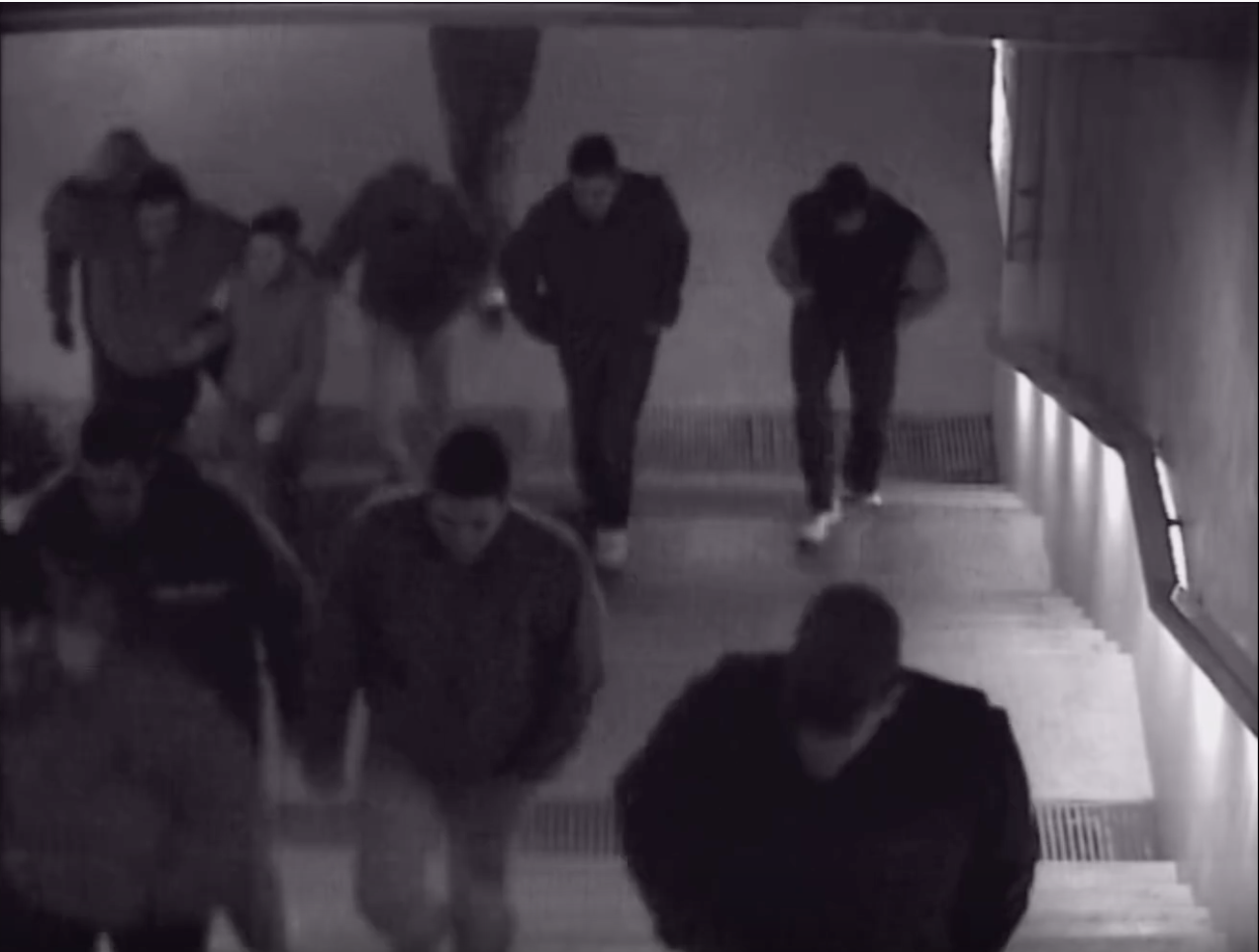
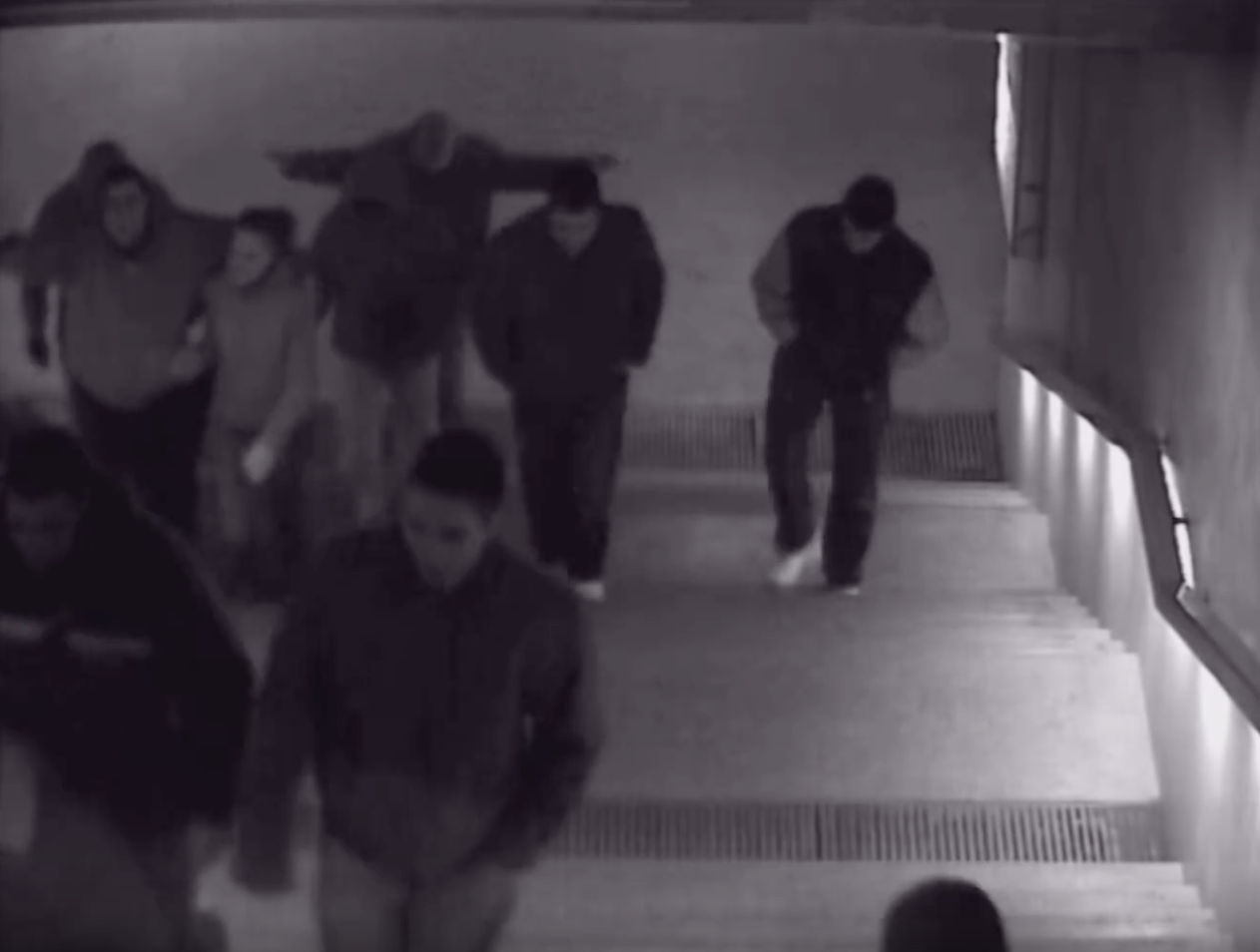
Award winning journalist, Belinda Hawkins has a rich background of over 30 years as a reporter and storyteller for ABC TV - Australia. She is also the author of Every Parent’s Nightmare – the harrowing and heartbreaking story about an unforeseen tragedy that broke into pieces two families.
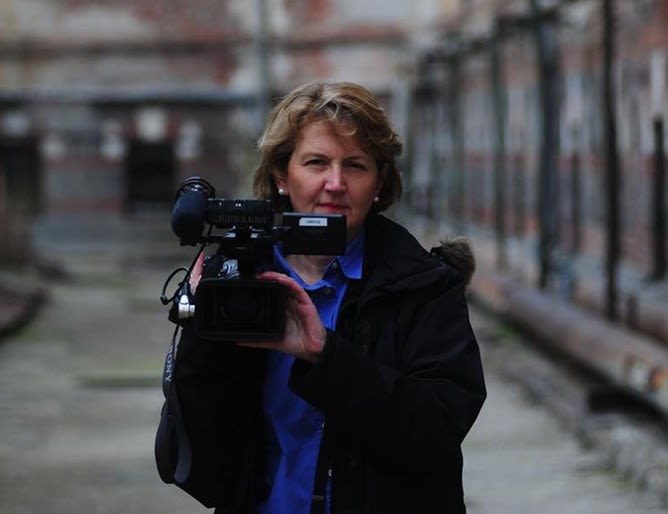
Belinda Hawkins at Sofia Central Prison (jockpalfreemancase.com)
Belinda Hawkins at Sofia Central Prison (jockpalfreemancase.com)
I would like you to take back at the beginning of your journey with the Australian traveller Jock Palfreeman and the murder of Andrei Monov. What about this unfortunate tragedy haunted you and made this case exceptional?
I first heard about the case when a young woman rang me and I was in the edit suite editing a story she said to me: My friend is in trouble, he is in Bulgaria, can you help me find out something about it? When she said he was her age, 21, travelling abroad, immediately I thought: my children are coming up to that age, I have a daughter and a son. Whatever has happened, I can imagine being the parent and how awful that would be.
And then when I learned that a young 20-year-old man had died, I was even more interested because I thought: I can’t imagine being the parents of that boy – Andrei Monov, that is just too awful to think of, your child dying...
That’s when I started trying to find who was Jock Palfreeman, trying to find family members and one thing led to another and ultimately I started calling people in Bulgaria, found some of his friends, found out more about what had happened in the early hours of the 28th of December 2007. Even before I came to Bulgaria, the more I was interested in what would both families be going through as well as what did Jock Palfreeman do and how did within the space of about five minutes so many lives changed.
In early 2009 I went to Bulgaria with a cameraman and I’ve met with the friends that Jock Palfreeman made out of Sofia, in a town where he lived for some five months. This was long before this incident happened but it’s where he really fell in love with Bulgaria and loved the people. He had close friends, he got on really well with their grandparents, he used to pick potatoes during the potatoes season and he would help on construction sides. He just loved being around a group of Bulgarian friends he made and loved the countryside, rode his motorbike around.
I could see how much even though he didn’t speak Bulgarian and their English was not so good, they all got on very well and that he had found hope in this town out of Sofia.
And then I spoke to the Prosecutor, her name is Parvoleta Nikova, and of course, she had a very different story to tell. She described him as a monster who came to Bulgaria with the sole intention of killing as many Bulgarians as possible. I also read the expert psychiatric report that not the defence but the Court had organised, and I thought: Goodness, what Prosecutor Parvoleta Nikova is telling me doesn’t sound like what the court psychiatric evidence suggests, and that was that Palfreeman was very interested in social issues and human rights issues. That he was spontaneous and would get excited about things, but he wasn’t violent.
So, they painted a picture again, the same as the families and the country town did, they painted a picture completely different from what the prosecutor was saying. And that’s where I suppose my interest became even more: what in fact happened that night?
Going back to the human situation, the other thing that fascinated me was me going to a number of hearings at the trial in 2009. In a Bulgarian court in a criminal case, the victims can run the civil case at the same time, so Mr Hristo Monov would stand with his lawyer and Mrs Monova about a meter and a bit away from Simon Palfreeman. And then Jock stood next to Simon and there was a translator there as well. So they’re in this very emotional court setting.
There you had these two fathers, both of them very well educated – Hristo Monov is a psychologist, Dr Simon Palfreeman has a medical degree and is a pathologist.
There you had these two fathers, fighting in a sense, for the rights of their sons. And they were standing so close to each other, I could imagine that they could almost hear each other’s hearts beating. That was the moment where it became crystal clear to me how tragic this was for two families on either side of the world.
After that, I met Jock in prison and I started to get to know him, I tried to reach out to the Monovs too but they didn’t want to meet any Australian. Then I left and I did the story, but after that story went to air, I thought: I don’t know everything here, there’s a lot that I don’t know, and I need to learn more.
So, I kept coming back to Bulgaria, a couple of times in some years there were court hearings on, and then every couple of years after that.
Later I decided to do a really deep piece of research and go through all the court files with a researcher, a Bulgarian journalist – to try to find as many witnesses as possible, to talk to them, and to follow up strange little side alleys that came through. For example, the forensic autopsy doctor was accused of body part stealing, and a court was postponed when he turned up when he was arrested with a huge amount of alcohol in him. And the whole body part stealing saga, we travelled around the country and investigated that. Of course, that doesn’t have any relationship with the Palfreeman case but what it did was show me some of the curious aspects that went on behind the scenes of these already very tense court hearings where the two fathers were standing at the front.
Prosecutor Parvoleta Nikova who was elevated in position after the Palfreeman trial, and there was а scandal associated with her and her relationship with acknowledged mafia operator.
So, the story got more and more, and more intriguing. At the same time, the more I learned about Bulgaria, the more I could understand what it was that Jock fell in love with. I have fallen in love with the country, the culture, the countryside, the architecture. The kindness and friendliness of the people is absolutely extraordinary, and history in Bulgaria is as ancient as Europe can offer. It's a country that my children came to visit on holidays, that my husband came to see, it’s a country that we have all come to love.
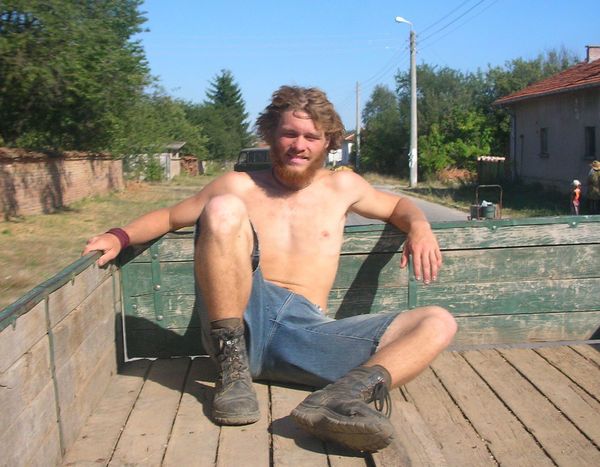
Jock Palfreeman travelling in Bulgaria in 2006 (ABC News)
Jock Palfreeman travelling in Bulgaria in 2006 (ABC News)
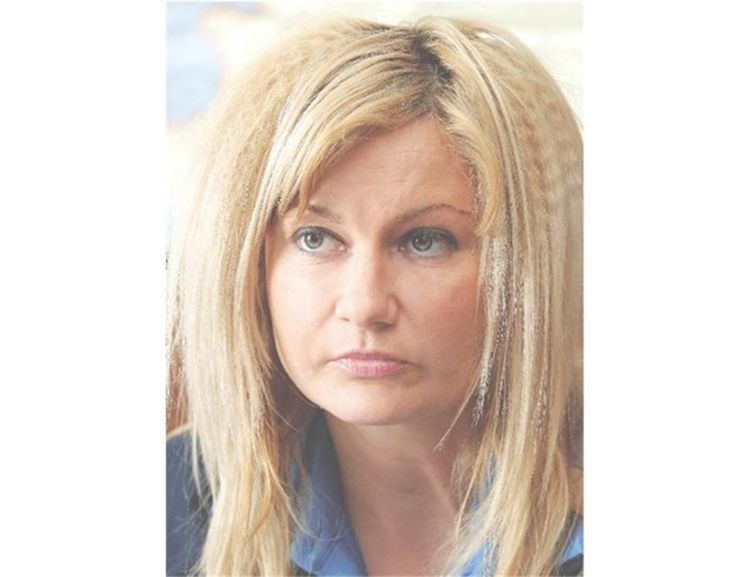
Prosecutor Parvoleta Nikova
Prosecutor Parvoleta Nikova
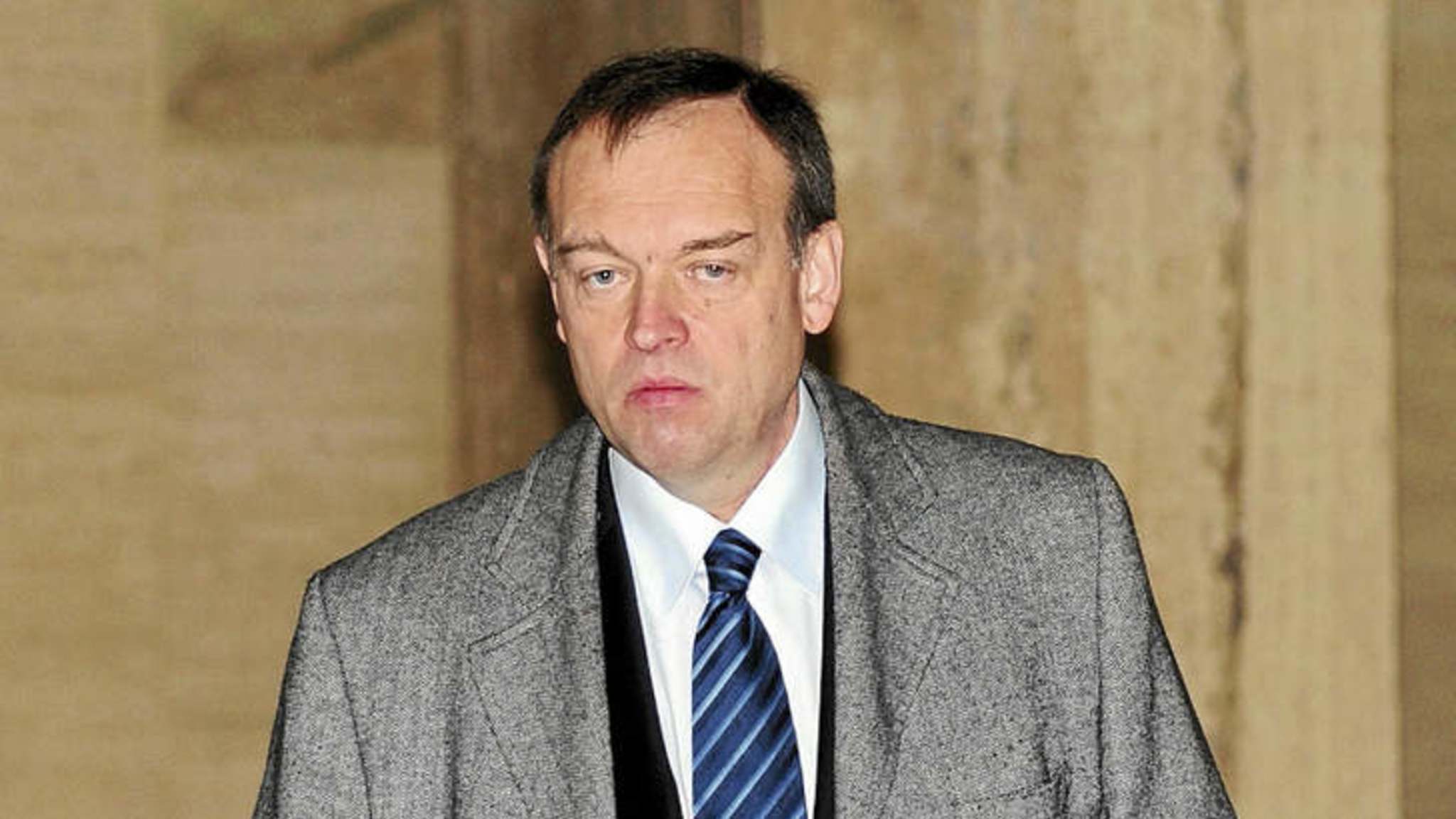
Hristo Monov (Photo: Dobrin Kashavelov)
Hristo Monov (Photo: Dobrin Kashavelov)
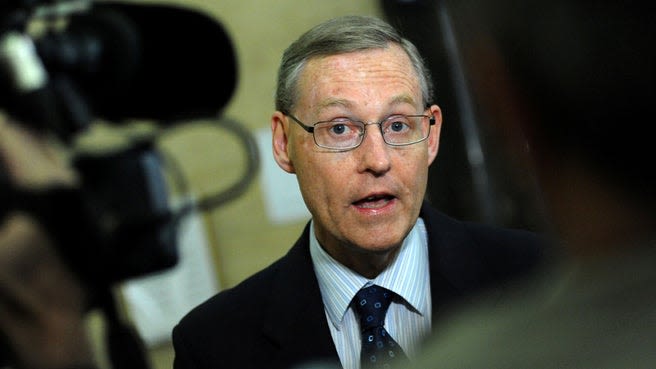
Simon Palfreeman (AAP)
Simon Palfreeman (AAP)
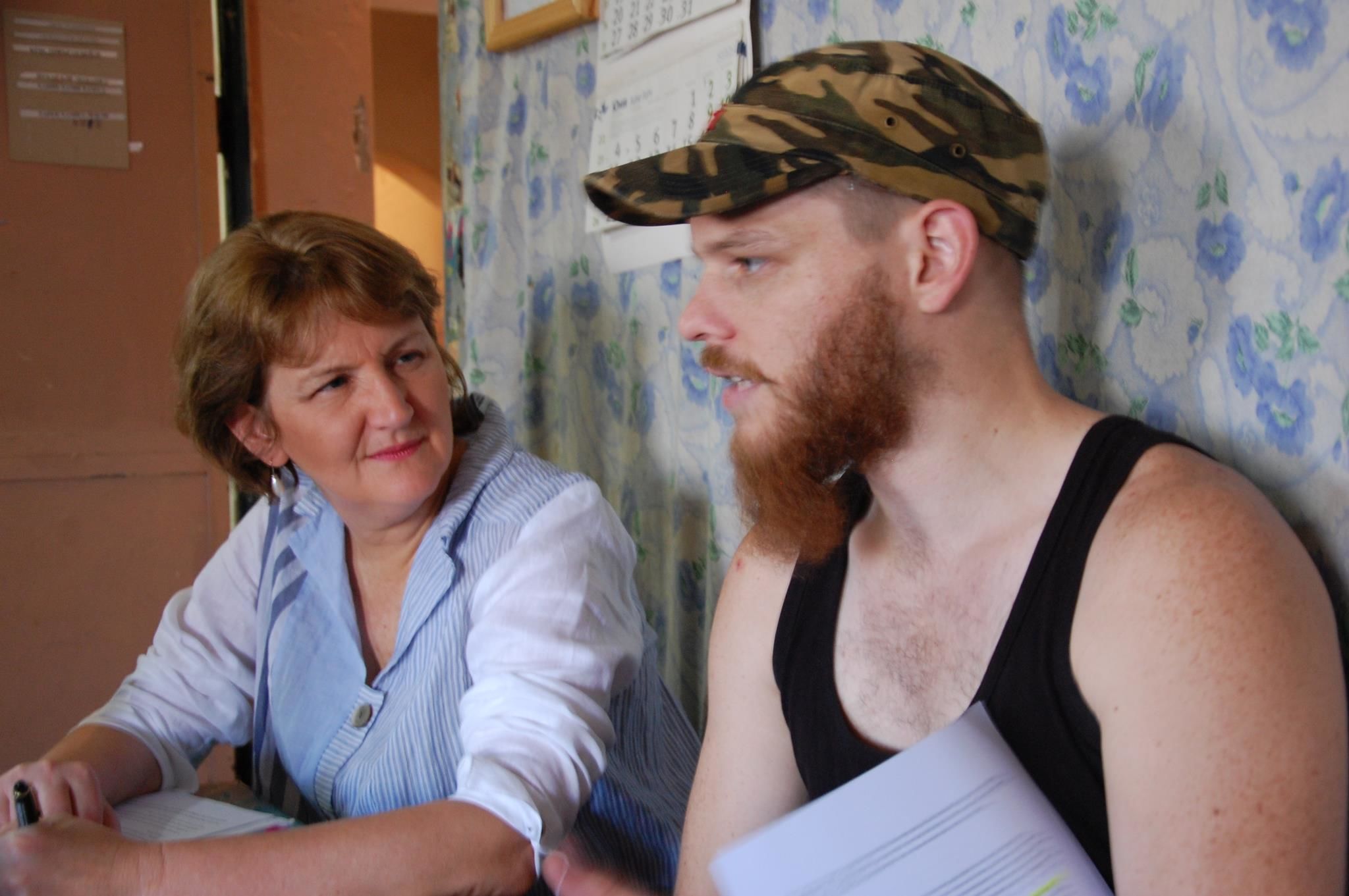
Author Belinda Hawkins with Jock Palfreeman in his cell, Sofia Central Prison (jockpalfreemancase.com)
Author Belinda Hawkins with Jock Palfreeman in his cell, Sofia Central Prison (jockpalfreemancase.com)
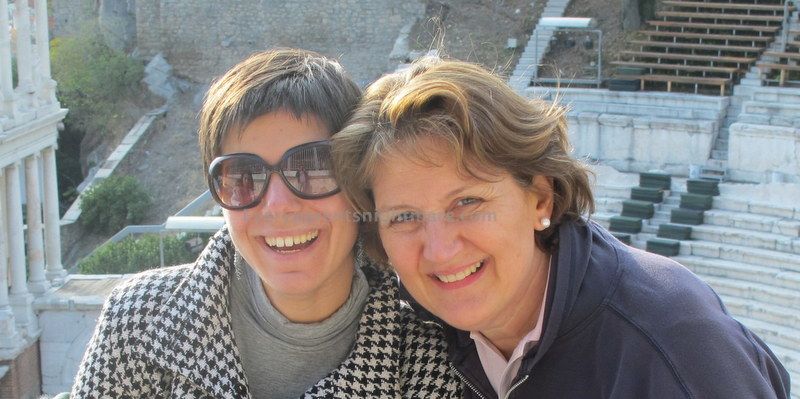
Boryana Dzhambazova and Belinda Hawkins (jockpalfreemancase.com)
Boryana Dzhambazova and Belinda Hawkins (jockpalfreemancase.com)
I've never felt unsafe in Bulgaria during my whole investigation, not once.
People would say things as though I should feel afraid, but I never did, no.
As a person living on the other side of the world, what were your impressions when you arrived in Bulgaria for the first time?
You don’t really know until you stay in a place for a while and you grow eyes, you develop a capacity to see what’s around you. And sometimes that can take weeks, sometimes months, sometimes years but you certainly don’t get it in the first couple of days you’re there. Everything just seems strange.
I always have fears when I go anywhere that I’ll lose something, I won’t be able to find my way, street signs were in Cyrillic back then. I have to say Sofia looked different in many ways from how it is now and that visit I thought I was struck by the beauty of the city, by the food – I know everybody in Bulgaria is probably sick to death of Shopska salad but Bulgarian tomatoes are the best in the world. Our tomatoes in Australia simply have no flavour. And lukanka is meat I’ve never had before, Bulgarian feta is the nicest I’ve ever eaten anywhere. I loved people making moussaka the Bulgarian way, lots of dishes. You learn about the country through its food and I found that exciting.
I think it’s less the case now, but when I came in 2009, if I wanted to buy for example a hairdryer or a bottle of olives, I would have to look in lots of different shops and bizarrely there would be olives in a shop with a hairdryer. Now even little corner shops are much more modern, but I found that’s still a hangover from the post-communist time.
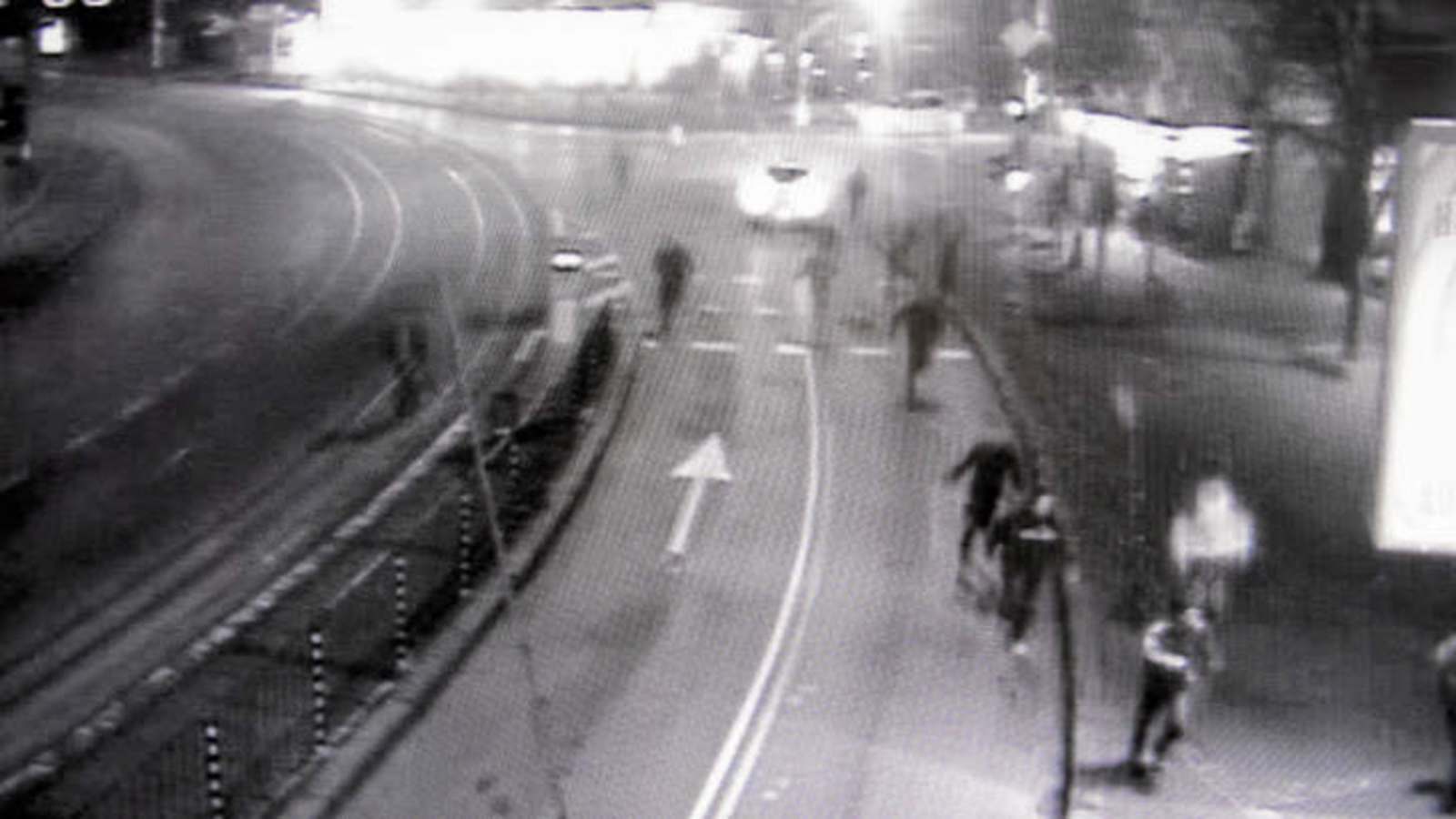
A still from CCTV showing the events that unfolded the night that Andrei Monov was fatally stabbed.
A still from CCTV showing the events that unfolded the night that Andrei Monov was fatally stabbed.
There were knives, pocketknives and butterfly knives sold in corner shops, sold in tourists’ shops, sold in the metro, sold everywhere – I don’t see that anymore. Knives were common then, now in my experience knives are not everywhere as they were before. I can’t possibly be an expert on it but those have been some of my impressions.
When I first came, they were Roma people on carts with donkeys pulling them along in around St Nedelya Square and now I haven’t seen that for years. Nobody caused me any problems, nobody whatsoever, not anybody. But those are some of the things I’ve noticed changed. The hotel used to be called the Sheraton, it’s now called the Balkan. Somebody trying to understand the story now, wouldn’t be able to go to that square and see where the car parking attendance of the hotel stood watching what happened. It would be harder to recreate what happened now because that hotel is changed so much too.
The CCTV camera that captured the footage which has become much better known now but which was only shown once in court from a small laptop, that CCTV camera stand I presume it still works, it’s still there. So if you go to St Nedelya Square, and I do every time I go, to think about what happened in the last moments that Andrei Monov was alive, and what happened in the last moments that Jock Palfreeman was free – it’s still quite a lot the same as it was back in 2009 when I first went.
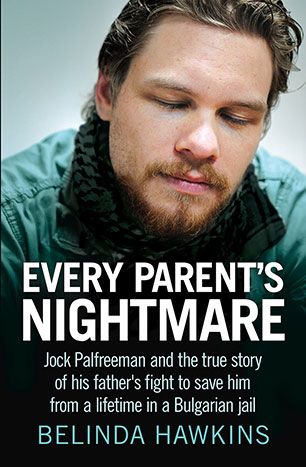
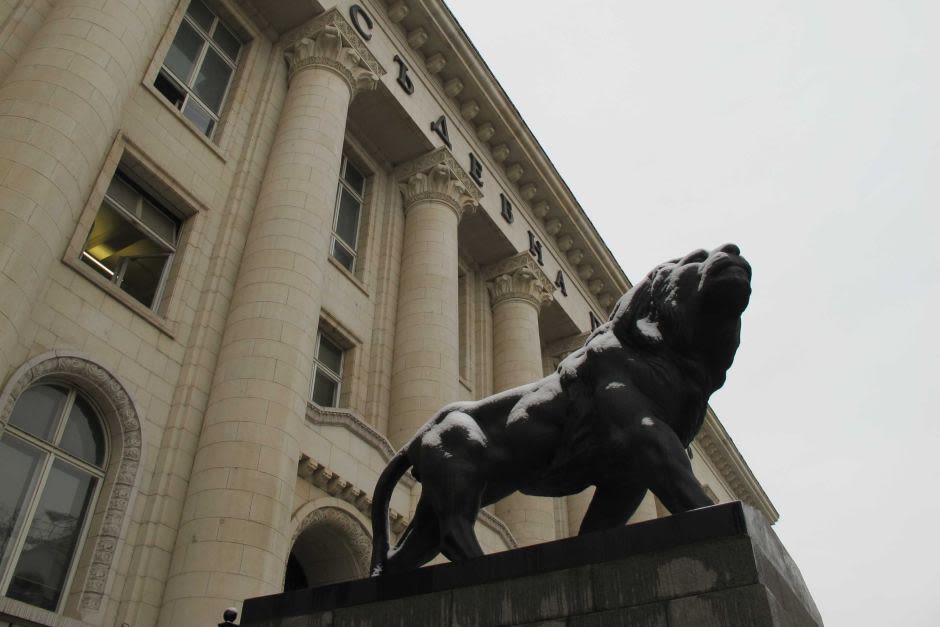
Sofia Palace of Justice (ABC News/ Belinda Hawkins)
Sofia Palace of Justice (ABC News/ Belinda Hawkins)
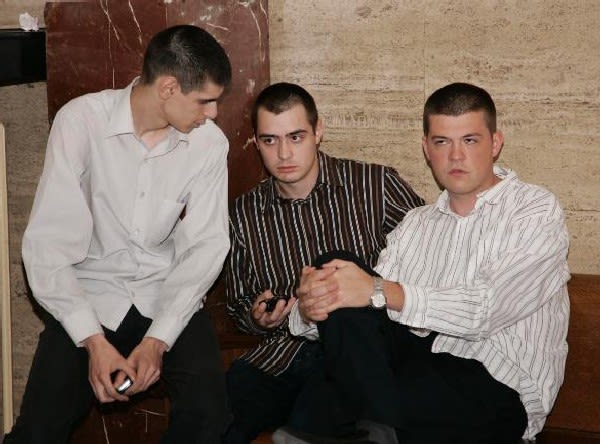
The friends of murdered Bulgarian student Andrei Monov, with (centre) Antoan Zahariev who was also stabbed by Palfreeman. (Balkanpix.com)
The friends of murdered Bulgarian student Andrei Monov, with (centre) Antoan Zahariev who was also stabbed by Palfreeman. (Balkanpix.com)
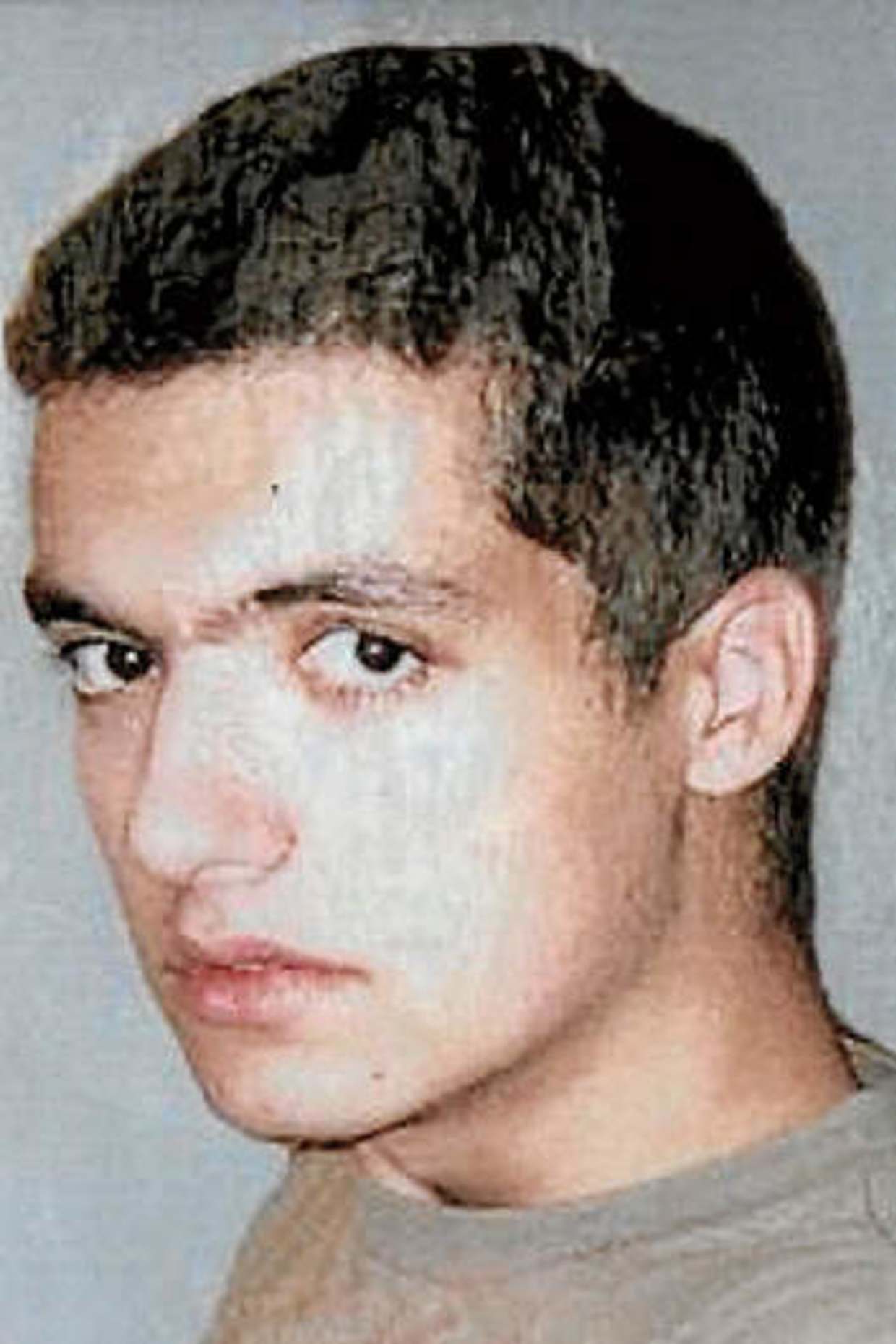
Andrei Monov
Andrei Monov
Your book hasn’t been translated in Bulgarian even though it is related to one of the most outrageous cases in the country. Have you ever received any propositions from the Bulgarian side about translating the book?
Yes, a number of people offered to translate it and I’ve met with the publisher some years ago. I think things fell behind in getting it translated but I very much respect the publisher I’ve been talking to, even if I’m not sure yet where that would get to.
I wrote the book with the help of the Bulgarian journalist Boryana Dzhambazova but I wrote it going forensically through the court documents, witness statements, the accounts of what happened in the trial every time there was a hearing, but also in going and talking to people who were somehow involved.
What I wanted to do, was to unpack everyone’s point of view, I also wanted to look at all the strange things that were going on at the same time. For example what about the autopsy doctor, what about Parvoleta Nikova, what about one of the group members called Emil Aleksiev. After Palfreeman was convicted Emil Aleksiev after was charged with being involved in a terrible racist attack on a tram that was taking people protesting for human rights to Busmanci, of all places. There were lots of things that happened along the way and I explored those in the book as a way of giving a wider context through this. I also wanted to give people who have not been to Bulgaria a sense of Bulgarian law, a little bit of a sense of custom and also a word painting of what it looked like. Bulgarians of course are very familiar with all of that but for foreigners, that was important to understand.
All my intent in the book was to look at what both families went through, just as where my interest started originally. I had two used court documents to use to try to have some understanding of what the Monovs went through because my time with them was very limited, they were not so keen to spend too much time. Maybe that would change, I hope that will change at some point, so then I might understand more about who their son was.
What made you call your book Every Parent’s Nightmare?
Every parent’s nightmare is that their child goes out one night as Andrei Monov did, said goodbye to his father and doesn’t come back. Mrs Monova was trying to call her son because he didn’t come home, trying to call his friends, nobody was picking up their phone. I know this experience absolutely, even with my children who are now much older, much as Andrei would be now, if they don’t pick up their phone, if I don’t know broadly where they are, I panic. Absolutely I panic, and then when people tell you ‘Don’t panic, it’s fine, I’m sure it’s just fine’, and then you find out it’s far from fine. That your child is dead. There is no greater nightmare that I could have.
But I also think that another nightmare a parent like me has, is that your child heads off on a trip of a lifetime to travel around Europe, particularly in the days before very much email, or Facebook or anything like that. And suddenly you get a call, out of nowhere, just after Christmas that they are in serious trouble. I can’t imagine how awful that would be.
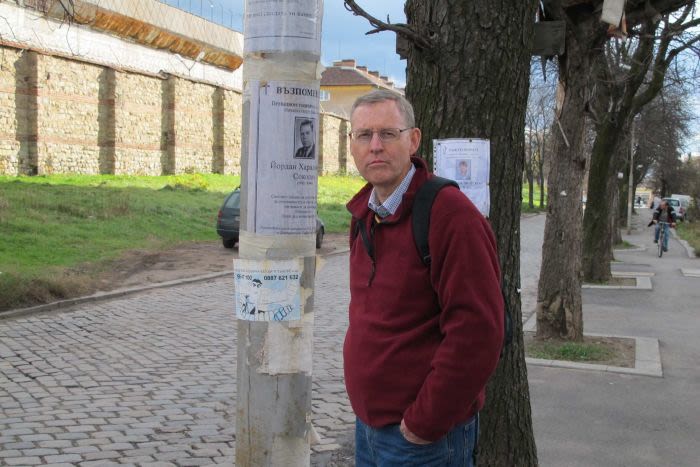
Simon Palfreeman outside the Bulgarian prison where he visited his son Jock (Australian Story: Belinda Hawkins)
Simon Palfreeman outside the Bulgarian prison where he visited his son Jock (Australian Story: Belinda Hawkins)
My children travelled a lot and I’m always sick with nerves when they go away. As much as my mother is still when I go away. But not because any country is bad or better or whatever, but just because you fear for your loved ones when they are not anywhere near you.
Irrational as that might be but to get a call that your child was in serious trouble in a country you had no connections in, no way of knowing who to call or who is a lawyer, nothing, nothing at all, you don’t even speak the language… you would feel desperate. So, that’s why it’s called Every Parent’s Nightmare.
Was Jock treated differently being a foreigner, and considering the years back in 2009 and Bulgaria's highly questionable judiciary?
It’s very hard to know absolutely. I saw lots of problems with the way court ran, I saw lots of problems with the fact that CCTV footage that would have been very valuable to show what did or didn’t happened that night, mysteriously disappeared. Moreover, it was CCTV of a government building, and police went to see it the day of the incident, so what happened after that, how can it just disappear? I have lots of problems even with the fact that the proper transcriptions of what’s said in court kept very basic things. And maybe that’s to do with being a poor country then, who knows?
But what is going on in Bulgaria at the moment I think has raised alarm bells to anyone who ever wondered whether there was a problem with parts of the judicial system and the EEC. Now even Australia is desperately concerned about what the Prosecutor General has done in requesting that the appeal court decision which is said to be final, be interrogated and possibly overturned. That’s never happened before and that’s not meant to happen, as I understand, because the appeal court had this decision as final.
I was told when I was in Bulgaria 10 days ago, by one lawyer after another, by one person in the street after another with no connection to Palfreeman to judges, to all sorts of people I reached out to or I just stopped in the street – Palfreeman’s case is significant to amount of people because it’s a litmus test for whether justice can be had and whether independent judiciary can exist in Bulgaria.
As one very respected journalist in Bulgaria, Rosen Bosev, said to me: If it can happen to Jock Palfreeman, it could happen to any of us.
Palfreeman for some now is not just a monster, he’s maybe not a saint or anything like that, but what is happening to stop him being sent out of the country as the court demanded, raises questions for many Bulgarians who are familiar with the justice system about whether justice is now possible at all for any Bulgarian. If you break the rules, who is safe?
Who is ever going to be safe?
That’s the question Bulgarians are asking now and for me that was a whole new thing to think about.
So, it’s easier to answer the question in relation to what’s going on now than to make broad statements about what happened during the trial and who was influencing who. It’s a murky area talking about corruption and influence unless you have concrete proof of something. It’s always difficult to level allegations of people but yes, for sure, aspects of the trial were irregular, to say the least.
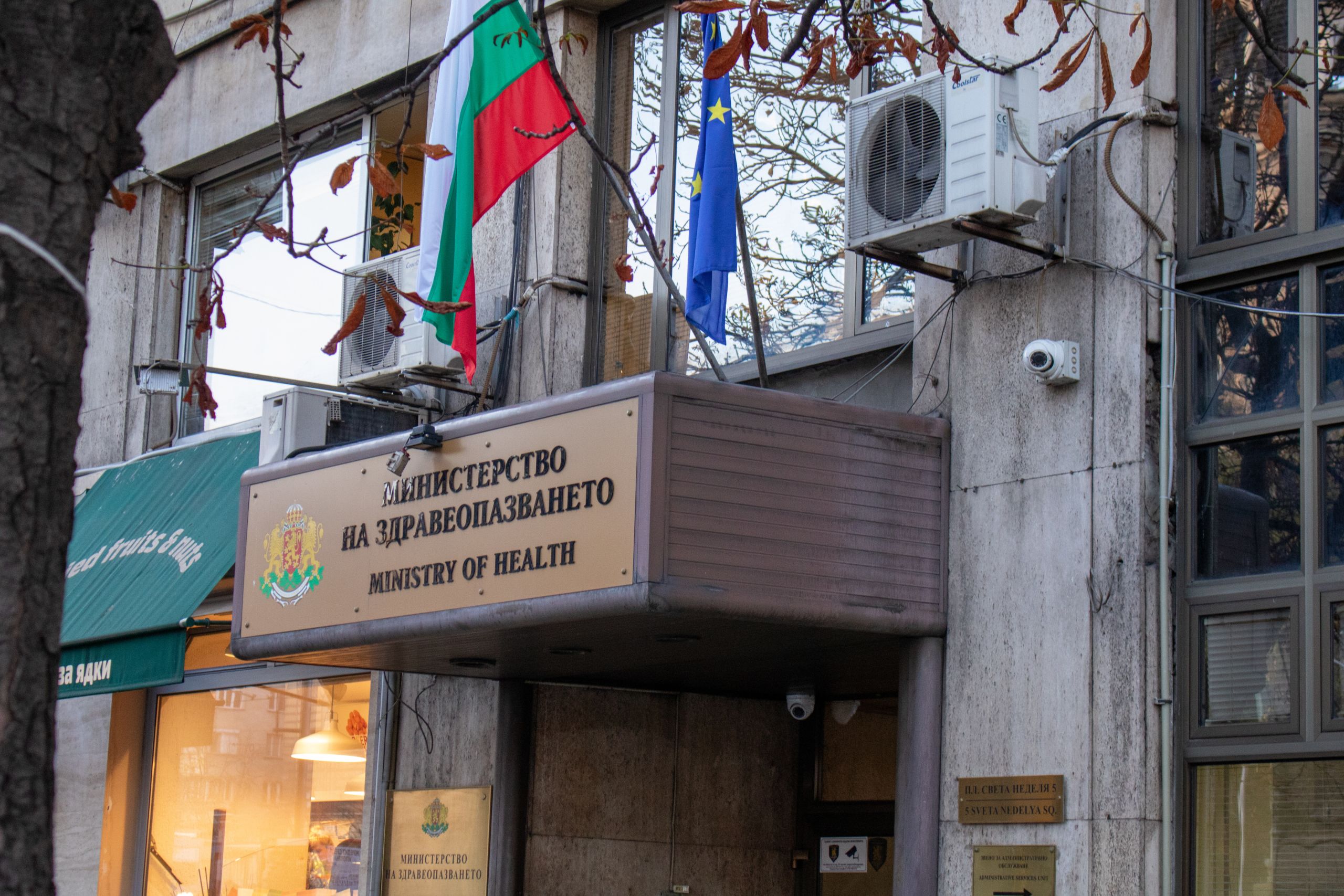
CCTV footage from the Ministry of Health disappeared in mysterious circumstances, allegedly due to a damaged hard drive (Veselin Dimanov)
CCTV footage from the Ministry of Health disappeared in mysterious circumstances, allegedly due to a damaged hard drive (Veselin Dimanov)
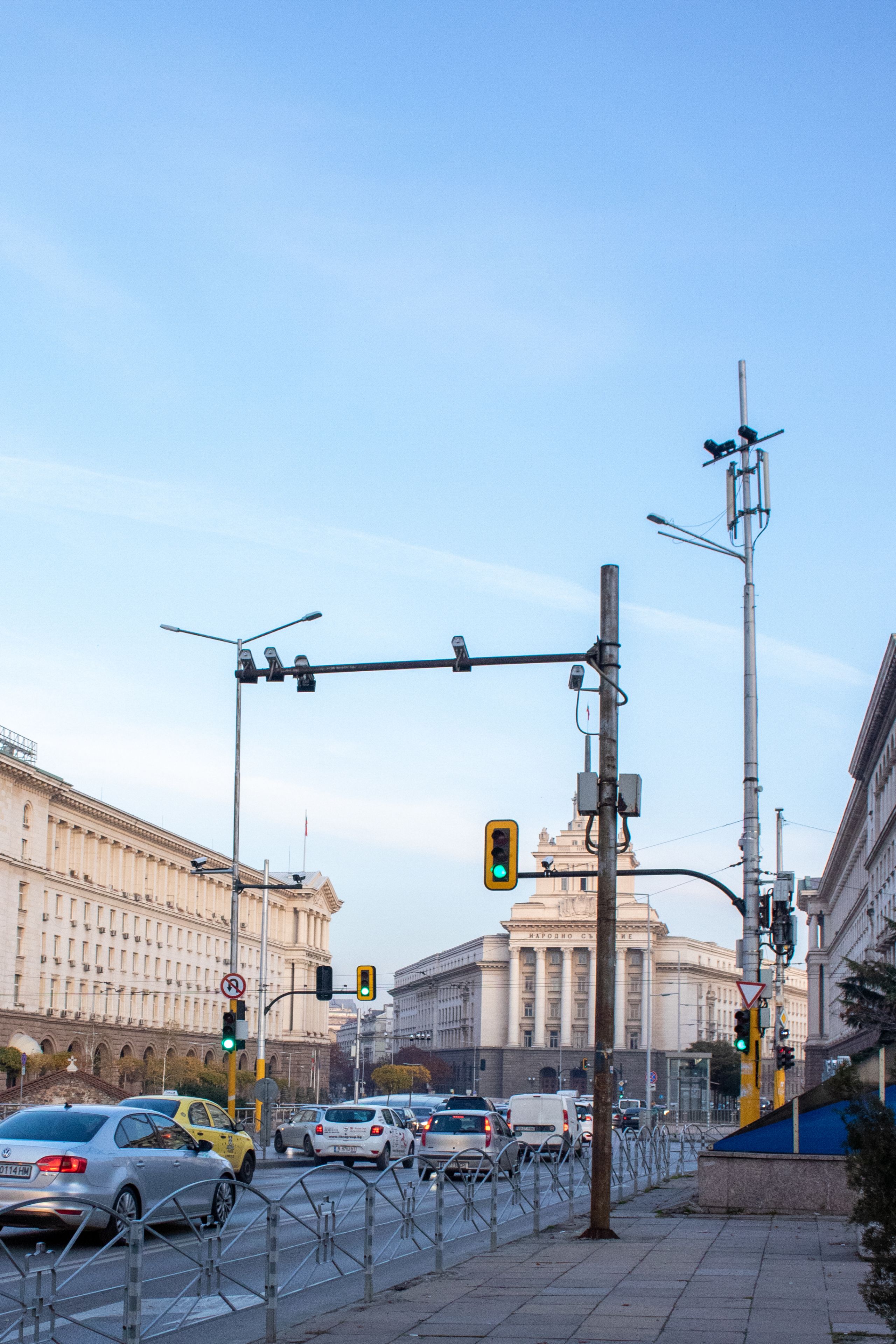
(Veselin Dimanov)
(Veselin Dimanov)
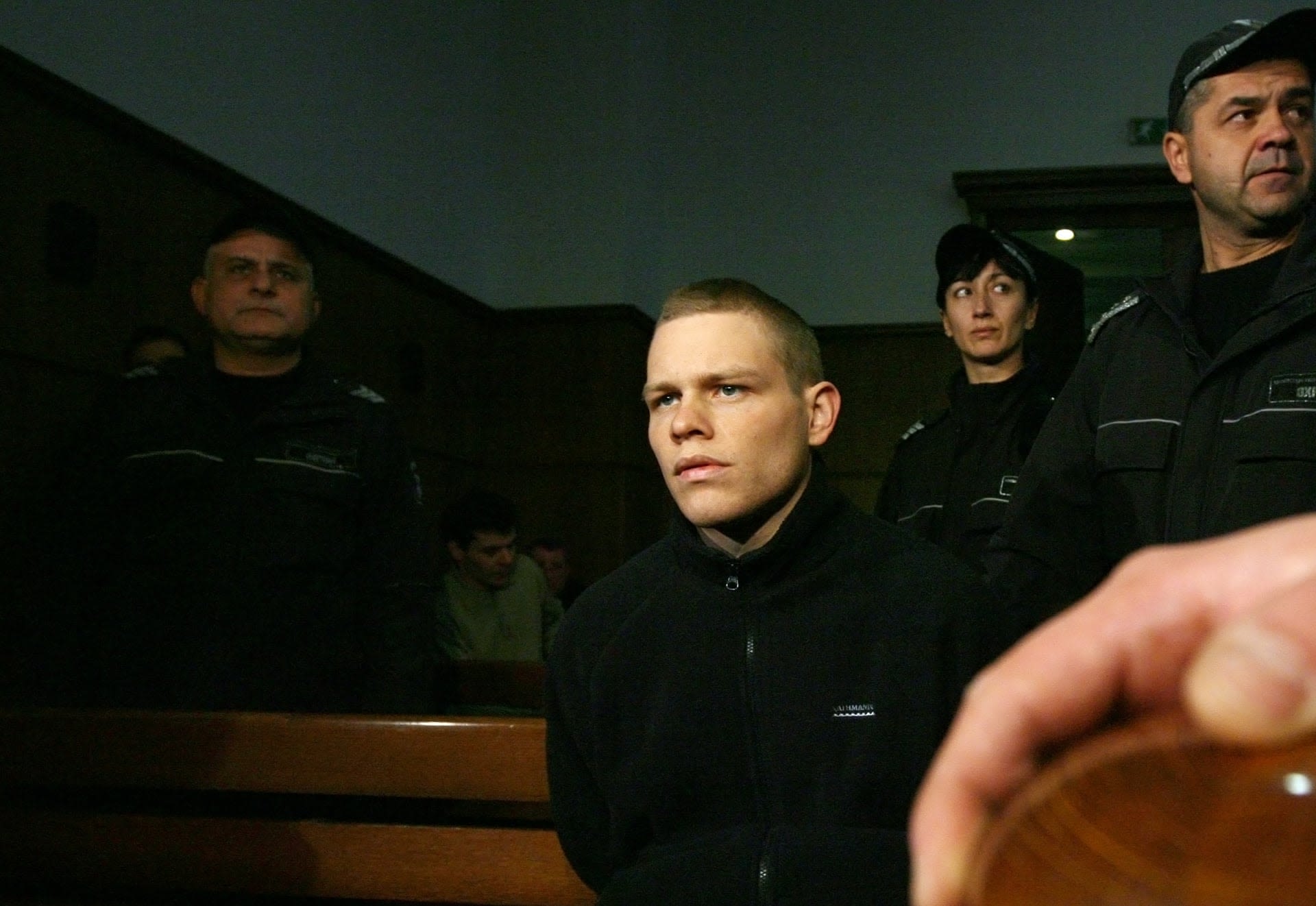
Jock Palfreeman in court (Petar Petrov/AP)
Jock Palfreeman in court (Petar Petrov/AP)
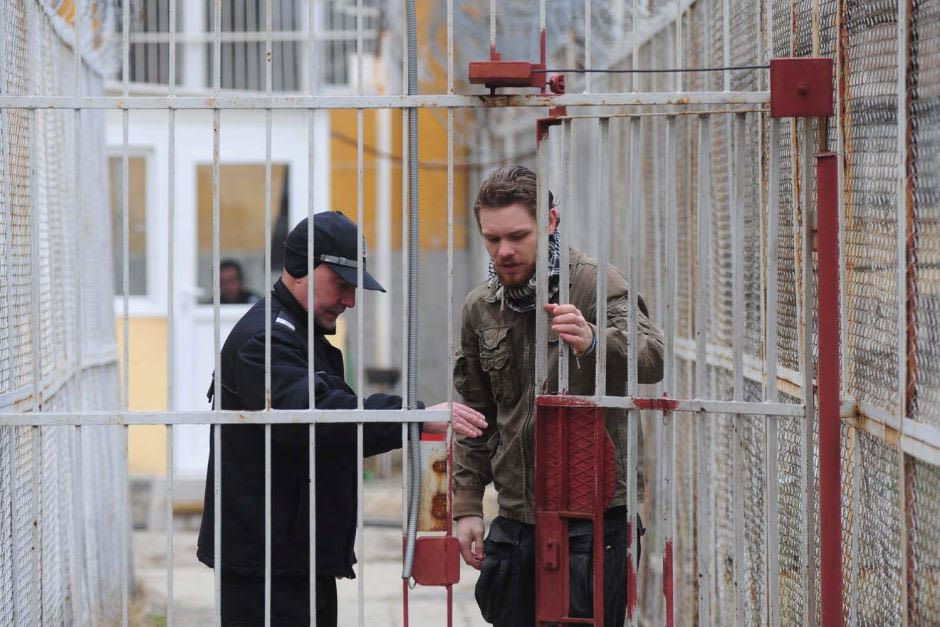
Jock Palfreeman has already spent a decade behind bars (Dobrin Kashavelov)
Jock Palfreeman has already spent a decade behind bars (Dobrin Kashavelov)
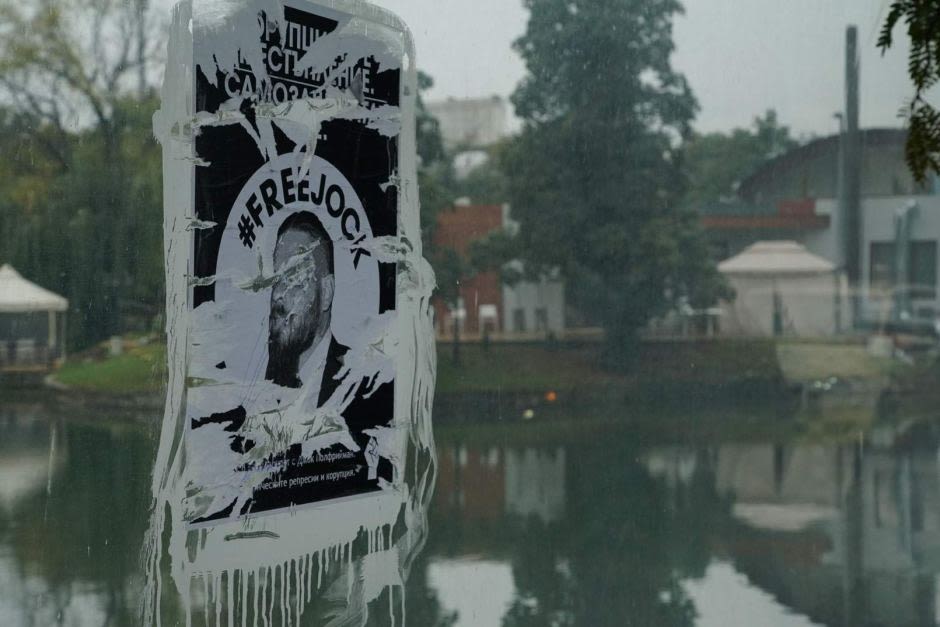
A defaced poster supporting Jock Palfreeman on a street in Sofia (ABC News: Damian Vodenitcharov)
A defaced poster supporting Jock Palfreeman on a street in Sofia (ABC News: Damian Vodenitcharov)
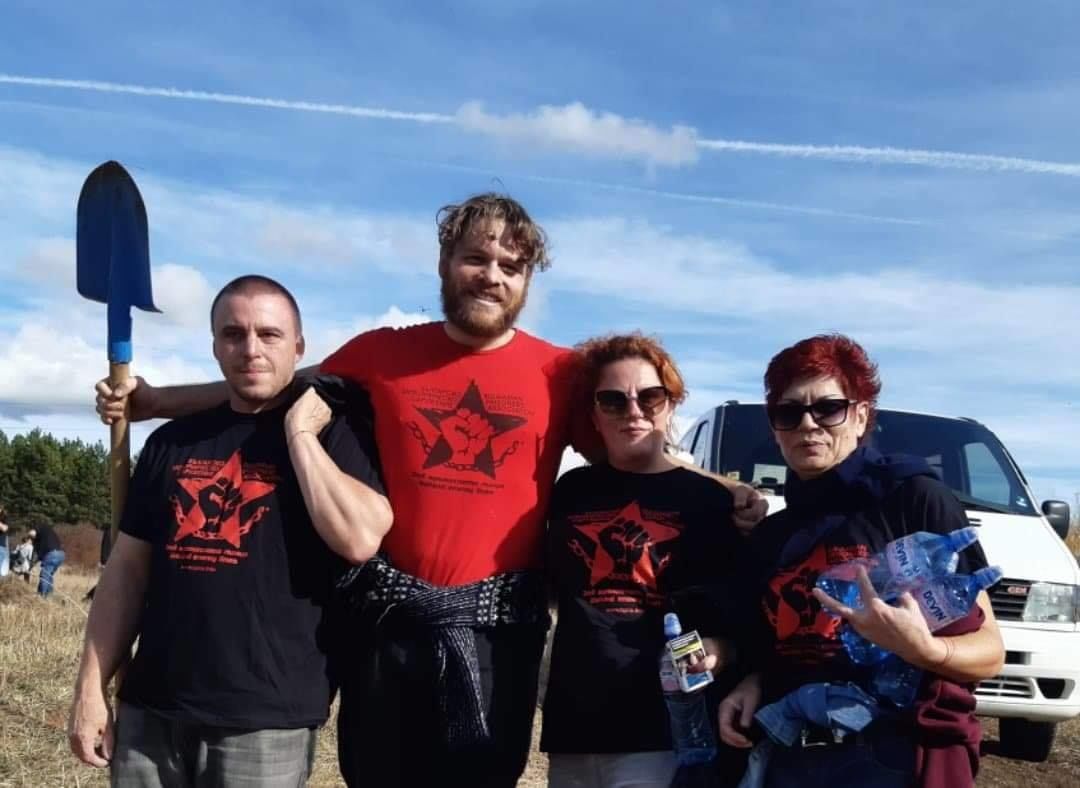
Jock Palfreeman planting trees around Pernik along with some friends, while waiting for the Supreme Court of Cassation to decide whether to overturn the parole decision (Facebook: Bulgarian Prisoners' Association)
Jock Palfreeman planting trees around Pernik along with some friends, while waiting for the Supreme Court of Cassation to decide whether to overturn the parole decision (Facebook: Bulgarian Prisoners' Association)
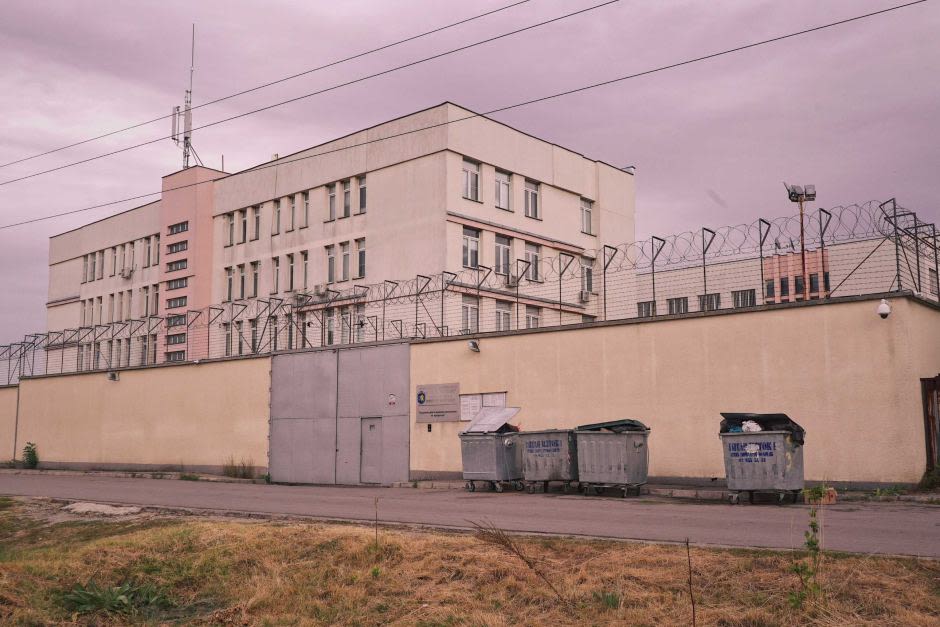
Busmantsi Detention Centre (ABC News: Tim Stevens)
Busmantsi Detention Centre (ABC News: Tim Stevens)
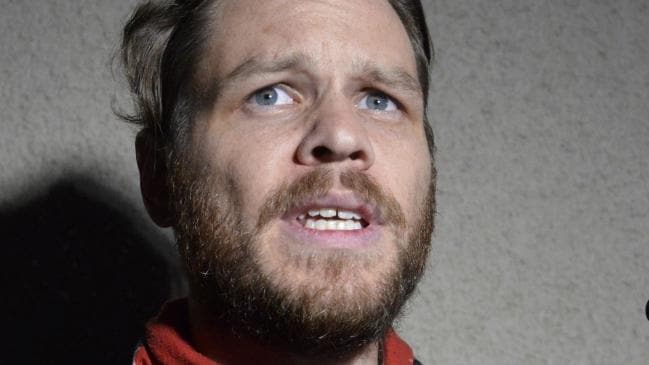
Jock Palfreeman after release from Busmantsi Detention Centre (AP)
Jock Palfreeman after release from Busmantsi Detention Centre (AP)
Today Jock Palfreeman remains 'behind bars' although he’s got all the legal documents that allow him to be a free man – is this a reason for people to stop talking about it although it shouldn’t go off the public radar?
I think it’s now an issue for Bulgarians about their justice system and judicial independence and about the separation of powers in Bulgaria. That is to say, courts need to be separated from government and not influenced by the government or the private sector. In my observations, Bulgarians are at the moment extremely concerned that that’s not the case, that there’s very little judicial independence, that government is playing a role in what happens in court decisions, that the Prosecutor General is requesting extraordinary things, it would seem overturn a final court decision.
Should they go off the radar? No, people can stop talking about Jock Palfreeman but I’m sure that people will continue to be concerned about the state of justice, the state of the separation of powers and judicial independence of Bulgaria because of the fact every single person in that country deserves so much better. That's for sure.
But Jock is not a free person, he is caught in this bizarre situation where a court has granted him parole, but it’s not to say he’s innocent, it’s not to pass any comment on his conviction. He is still guilty of what he was found guilty, but he has served the time that the original court demanded he do before parole was considered. He has been in prison for almost 12 years, in Busmanci for a month and the original trial judge said he was eligible for parole at 10 years, so the parole has come later. But the panel of three judges said: yes, we believe he has rehabilitated to the extent that we require, and he’s helped other prisoners and so on, but now he must leave the country and he must not return for five years, and he must not kill a Bulgarian either in Bulgaria or overseas – those are the conditions. It’s normal to go to Busmanci while you wait for your paperwork, and then he gets a passport on the Monday and on the Tuesday the so-called travel bans suddenly come up and the prosecutor general is appealing to a higher court to stop the whole process while it investigates the appeal court process. He’s still caught in this no man’s land where according to a court it’s wrong for him to still be in Bulgaria and yet he can’t leave. It’s bizarre.
If this unfortunate event had happened in Australia and not Bulgaria, considering all of the evidence and examination, how would the trial turn out? What would the sentence be?
I’m not a lawyer and it’s very difficult to make a hypothetical assessment of how would it play in an Australian court, and because courts are independent here, one wouldn’t know how judges will interpret the evidence that I saw in the court file.
But lawyers here in Australia have suggested that it would be either not guilty on the basis of the self-defence and defence of another, or not guilty of murder but guilty of self-defence with excessive force, it would be one of these options. I haven’t yet spoken to a lawyer who suggests it would ever be murder.
The lawyers' opinion:
Jock Palfreeman is a hostage not to legislation, but to politicians who deliberately tread down and nearly eliminate justice in our country. There is only one reason - corruption. The mastery and crushed justice allows them to steal with impunity which is a fact. For the last 10 years, Bulgaria has been the most corrupt member of the European Union.
– Prominent civil rights lawyer Nikolay Hadjigenov
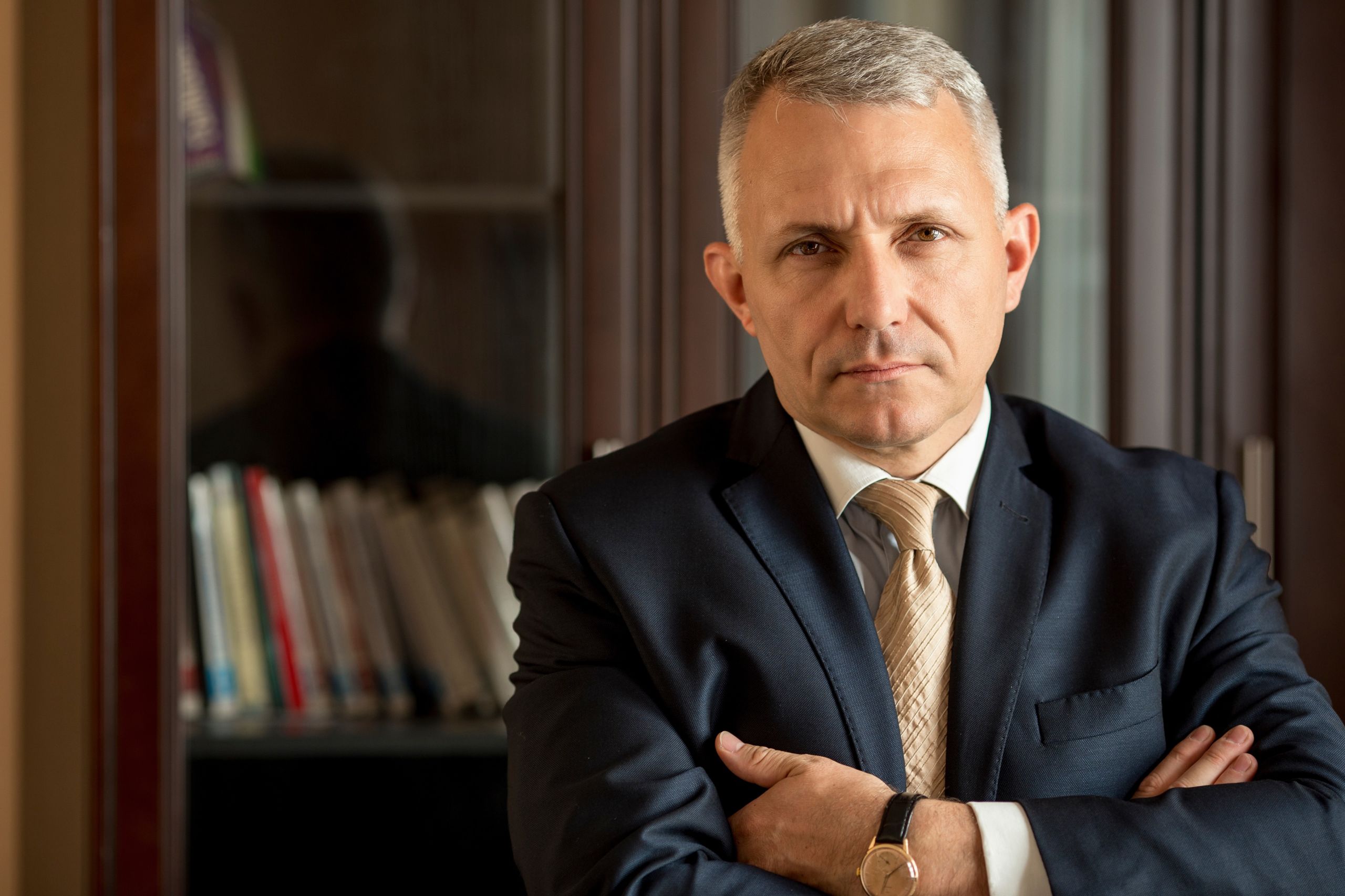
The feeling of this case is that there is something wrong with the verdict. Opinions and articles all over the world outside Bulgaria suggest that things are not quite right in this case. It does not seem to me that the purpose of the verdict was to repair our damaged reputation, because this case is precisely what created an unpleasant appearance of our country in front of the world.
Jock has been walking the streets of Bulgaria for over a month now and no one has been hurt. He certainly did not come to our country to kill anyone.
– Jock Palfreeman’s lawer, Kalin Angelov
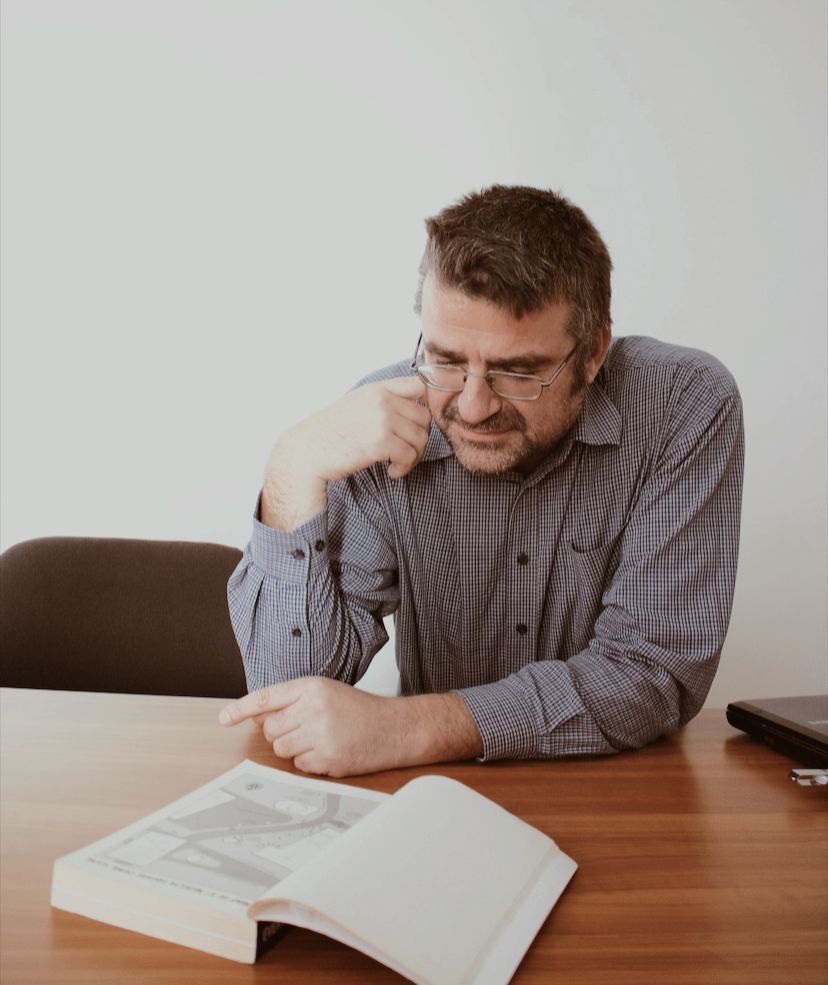
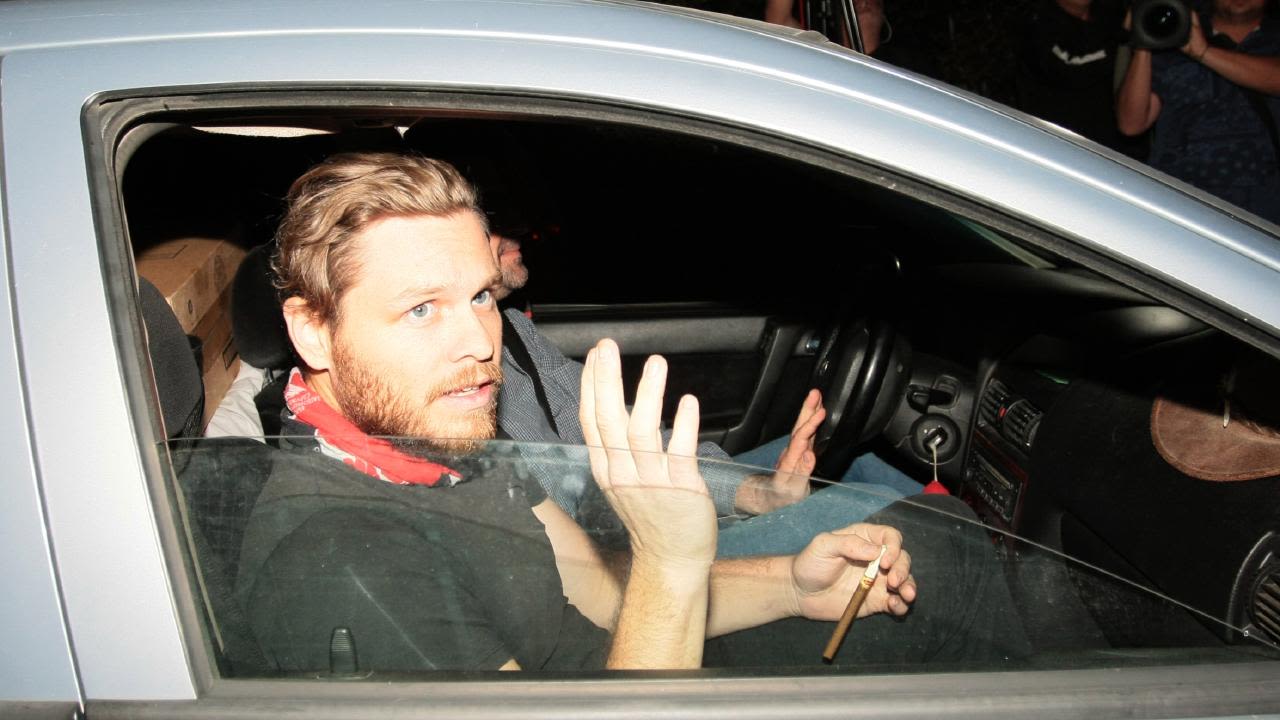
The Palfreeman case certainly got under my skin. In part because I fell in love with Bulgaria, in part because it was so intriguing how could all these things have happened were stranger than fiction. In part because of the human side of two families having lost a child.
But other stories have completely ripped me too.
The story of a police detective in Australia who blew the whistle on police corruption here and risked everything to tell me his story. And he and I both faced threads after that story went to air. I’ll never forget that story.
A more recent one about three sisters who were in an ultra-Orthodox Jewish community in Melbourne and they were raped repeatedly over years by their headmistress. And that’s a case that’s still playing out in Israel because the headmistress was assisted in leaving Australia suddenly when the allegations emerged. Some seven years later she is still in Israel and Australia is still trying to see her extradited to face trial in Australia. And that was my first introduction to this ultra-Orthodox community and there were lots of sensitivities for those girls that have never spoken out before, so I found that I am extraordinarily honoured to be able to tell that story.
Another story recently about a survivor of that terrible drug thalidomide that was developed in Germany just after the Second World War and the ongoing effects that thalidomide has had on their lives, as well as the role of the German company in never paying compensation except to some German survivors and the complacency of the Australian government when it was warrened in 1960 that this drug was dangerous and it did nothing for almost a year. Women kept taking this drug and then having children with terrible disabilities, loss of limbs or whatnot and the government in Australia knew and did nothing to stop that, to put a big warning out to all women, to all chemists to take the drugs out of chemist shops, did nothing like that. It was quite the opposite in the USA, president Kennedy insisted that shops not sell this drug at all.
There are things that really touch a heart.
Many interesting stories but some which really touch your heart and the story of Andrei Monov and Jock Palfreeman touched my heart. That along with some others.
It took me longer to get to what I feel was close to the bottom of what happened that night than other stories, and it required going back and forth to Bulgaria 20 or so times, so in that sense, it was very different.
But also, in the Palfreeman case I’ve made incredibly good friends in Sofia and also in other parts of Bulgaria, so that story is very special to me for that reason too.
I didn’t write Every Parent's Nightmare as part of ABC, I took a year off work to write the book.
I started my working life as a high school teacher, teaching children a bit of French and Spanish and a bit of German, and I also taught English to children. Australian children often are not interested in learning other languages.
I found three years of high school teaching probably the hardest experience that I’ve ever done in my whole life including going through war zones. I thought that standing in front of a group of fourteen or fifteen-year-olds is one of the most terrifying things you’ll ever do in your entire life. But ultimately, I kind of got the hang of. All that time through the years I was high school teaching, during the holidays I would go and be in an intern in newspapers in the countryside, and do anything that they ask me to do, write about anything, just to try to get the sense of what it was to write news, even very soft news.
I had to teach for three years as it was wound up to the government – the government helped me get through university and paid for some of my university fees and in return, I had to teach for the government for three years. So, when I was coming up to the end of those three years, I applied for what we call cadetships and that’s the way of starting off formally, it’s like an apprenticeship. The cadetship I got was at the ABC Television News, so that’s where I began.
I was older than some of them because I had done an Art's Degree, I’ve done a Master’s in English Literature and then I’ve been trained as a teacher, then I’ve been a high school teacher. So, I was quite a bit old when I started, I was 28, I remember the other cadet who started with me was 18, just out of school. In some ways, the editor there said they will have a harder job with me because they had to knock all the academic language out of me where they didn’t have to do that for 18-year-olds.
But for me, journalism became a magic carpet ride, to be able to go where I wanted to go, ask people I’ve never met before questions, and step into their lives. And whether it was a political story or a human interest story or a tragic story about death, I felt like I was walking into Aladdin’s cave and just looking at all the possibilities of things that I could get a grasp of and stories I could tell.
That excitement has never left me even though it’s some 35 years later. And I still work in television, but when I came to write this book it was the first for me because I have done television, a little bit of radio and this was my first foray into long-form writing. I’ve written some articles but it’s quite different once you’ve done the research to sit at the desk every day within an empty page and think: I must write a thousand words today, and I must make it factual and I must also try to make it a bit interesting.
It’s backbreaking. I mean all of both creative writers and non-fiction writers who do long-form. Because it’s just physically backbreaking. In television what’s backbreaking is carrying a tripod around, or for camera people carrying those huge cameras around. There’s not that same amount spent at the computer with your back hunched up battling with yourself to find words.
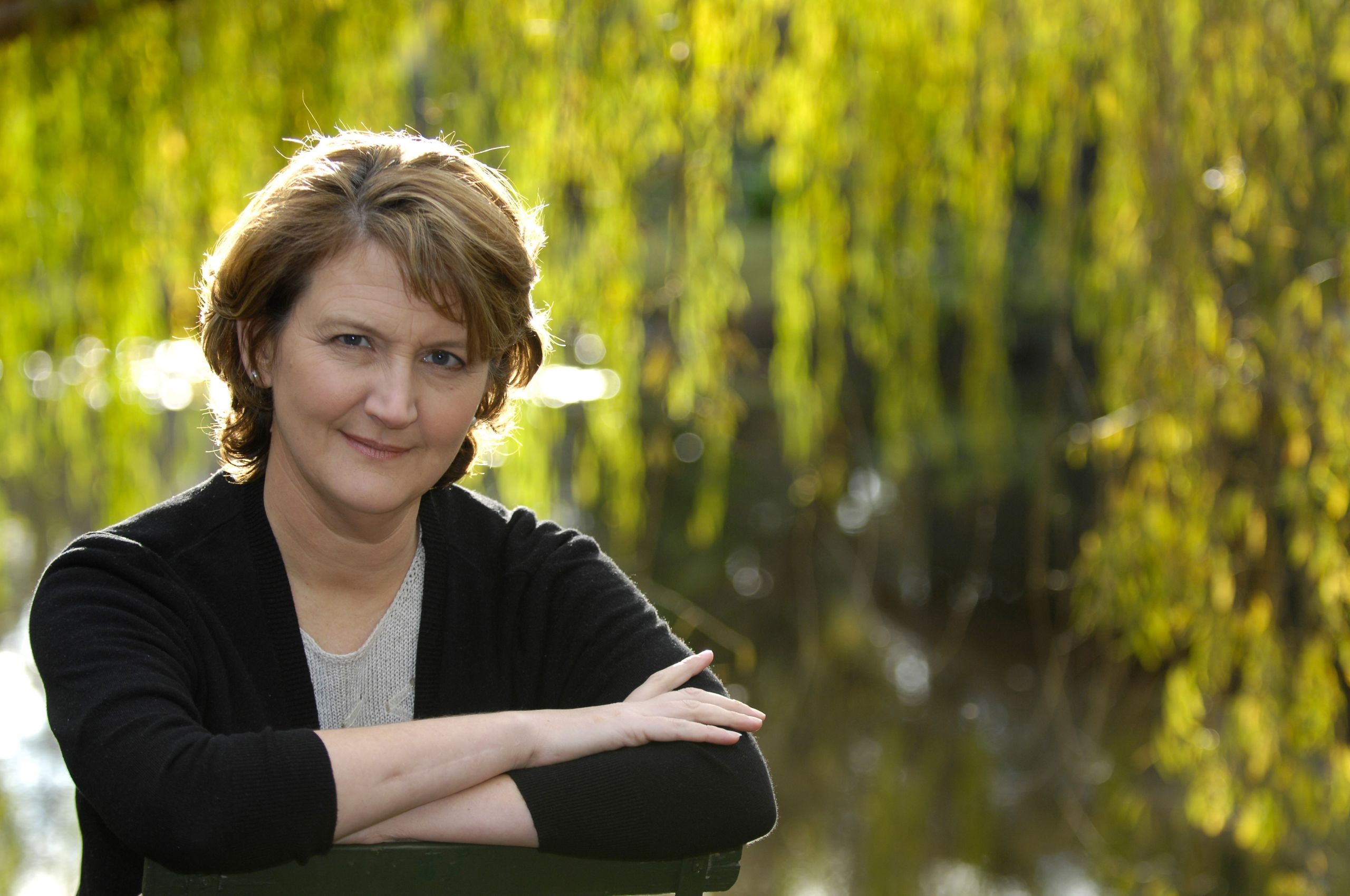
Dear friends, thank you for following us! If you find what we do inspiring and useful, you can support our work so we can keep delivering quality journalism that’s open for everyone. Thank you!
Boryana Katsarova (AFP)
Belinda Hawkins (jockpalfreemancase.com, ABC News)
Dobrin Kashavelov (ABC News)
Petar Petrov (AP)
Damian Vodenitcharov (ABC News)
Tim Stevens (ABC News)
Teodor Angelov
Veselin Dimanov
AAP
AP
andreymonov.com
Australian Story
Bulgarian Prisoners' Association (Facebook)
